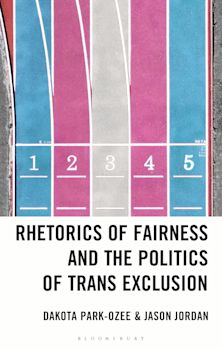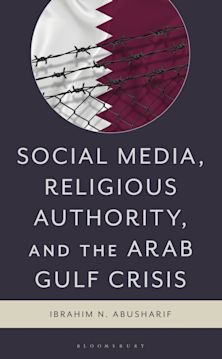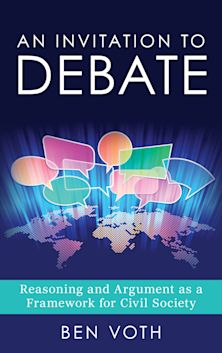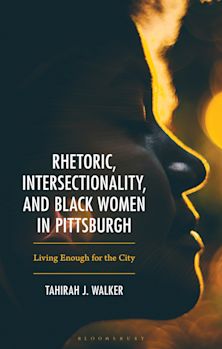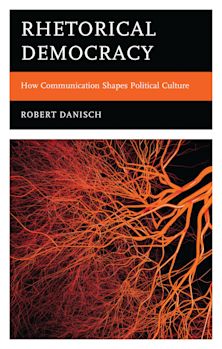- Home
- ACADEMIC
- Communication Studies
- Rhetoric
- Speaking of Evil
This product is usually dispatched within 1 week
- Delivery and returns info
-
Free US delivery on orders $35 or over
You must sign in to add this item to your wishlist. Please sign in or create an account
Description
Rhetoric and the Responsibility to and for Language: Speaking of Evil relocates the “problem of evil”— the question of why God would allow for the existence of evil—and surveys it as a rhetorical problem. It raises this question: if we speak evil, how shall we speak of evil? When we communicate, we are naming, and evil as the corruption of language plays a central role in that naming. Evil freezes our words, convinces us we have the sole right to their definitions, and generally stifles the dynamic gift of language. By looking at how people in different eras and situations have named evil, this book suggests how we can better take responsibility for our words and why we owe a responsibility to language as our ethical stance toward evil.
Table of Contents
Introduction
Chapter One: On Genesis 3
Chapter Two: The Case of Isocrates
Chapter Three: The Case of Erasmus
Chapter Four: The Case of Bonhoeffer and Arendt
Chapter Five: The Case of September 11th
Conclusion
Bibliography
Index
About the Author
Product details
| Published | Oct 15 2018 |
|---|---|
| Format | Hardback |
| Edition | 1st |
| Extent | 114 |
| ISBN | 9781498578431 |
| Imprint | Lexington Books |
| Dimensions | 9 x 6 inches |
| Series | Rhetoric, Race, and Religion |
| Publisher | Bloomsbury Publishing |
About the contributors
Reviews
-
Matthew Boedy’s Speaking of Evil argues that for rhetoric there is no “beyond good and evil,” and there never can be. Drawing on theological, philosophical, and critical lights ranging from Benjamin to Bonhoeffer and Agamben to Arendt, with illuminating essays on Isocrates and Erasmus, Boedy offers a thoughtful and wide-ranging argument for the ethical essence of rhetoric.
Ned O'Gorman, University of Illinois
-
Boedy explicates evil's dwelling-unreflective places of stability. Rhetoric, at its best, intervenes via invention. Arendt equated evil with banality, extreme commonness. Those who resist learning from difference ignore the temporal home of the good. Boedy reminds us that evil inhabits the unexamined structures created by the good. Boedy reminds us that evil inhabits the unexamined structures created by the self-righteous.
Ronald C. Arnett, Duquesne University
-
A necessary and purposeful and compelling work. Matthew Boedy explores the idea of an ethical rhetoric in a new and profound way—in the context of the problem of evil itself. The seriousness and conscientiousness of this book are palpable, and the book’s culminating challenge is unshakeable.
James Crosswhite, University of Oregon













